Real Life Heroes: Nino Renz Santos
One of our Nutrition Assistants shares his story of how he became a humanitarian worker and his experiences following this decision. Get to know, Nino Renz Santos, one of our Real Life Heroes:
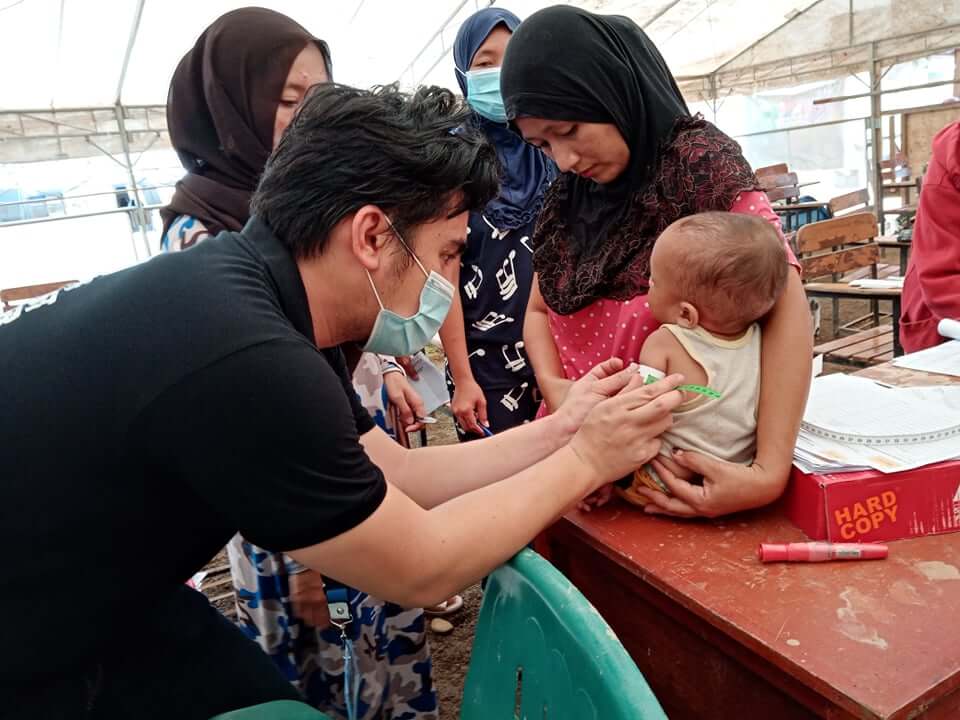
𝗪𝗵𝗮𝘁 𝗺𝗼𝘁𝗶𝘃𝗮𝘁𝗲𝘀 𝘆𝗼𝘂 𝘁𝗼 𝗯𝗲𝗰𝗼𝗺𝗲 𝗮 𝗵𝘂𝗺𝗮𝗻𝗶𝘁𝗮𝗿𝗶𝗮𝗻 𝘄𝗼𝗿𝗸𝗲𝗿?
It all started when I volunteered on a project in Bohol last 2013. The decision of engaging a volunteer work was made out from my unrewarding work at my hometown. At first, my family was not in favor with it because of the distance and personal reasons. Eventually they gave their blessings to me because they believed that this would make me happy. During my work and stay in Bohol, the province suffered from a strong earthquake and shifted the project on emergency relief.
Despite the trauma, lack of sleep and demanding work required for disaster response, it never gave me reasons to complain because I felt that the communities’ needs for help is more important than my own. Less than a month after the earthquake, a strong typhoon devasted the Visayas islands which led to project’s suspension and sending off the volunteers out of Bohol. In spite the rollercoaster ride of emotions, the volunteer experience significantly changed my life and became my personal calling in doing humanitarian work. It opened doors for me to help and work with the communities affected by Typhoon Haiyan in Eastern Samar.
Now that I’m with Action Against Hunger, I remain as a humanitarian worker because I always believe that humanitarian work is more than a job; it is a calling to make a difference in the lives of people in times of distress.
Why are you making this sacrifice?
My life now as a humanitarian worker has been different from the one I had back home. Going out of my comfort zone requires self-sacrifice but in return it taught me to be independent and raised the bars for my personal and professional growth. It also led me to practice my profession as a nutritionist-dietitian particularly in the field of public health. Public health nutrition was my Achilles heel back in college, but it has now become my professional expertise and strongpoint in development work. The various exposure to the realities of the communities and personalities adds yearning to further improve myself so that I can better respond to the changing and varying needs of the communities. Finally, these experiences helped me understand life outside than what I’m used to, and I hope that my simple contribution can suffice to improve the lives of the people I work with.
What have been the challenges to your work because of the COVID-19 pandemic?
I was worried that I might contract COVID-19 while working in the communities. But through self-care and precautions, I am blessed that I didn’t acquire the virus to date. To worry and fear of one’s health while working on this time of pandemic is already challenging for us humanitarian workers. But to put one’s mental health to test during these trying times hits different and I was not spared from it. Prior to the pandemic and unbeknownst to me, I was already experiencing anxiety and panic attacks. It got worse during the height of the pandemic and it affected my work that I had to reschedule my planned health and nutrition activities. To overcome this, my physician recommended me to consult with a clinical psychologist and undergo psychometry. With the support of my friends and workmates, my mental health gradually improved, and I can now manage my anxiety.
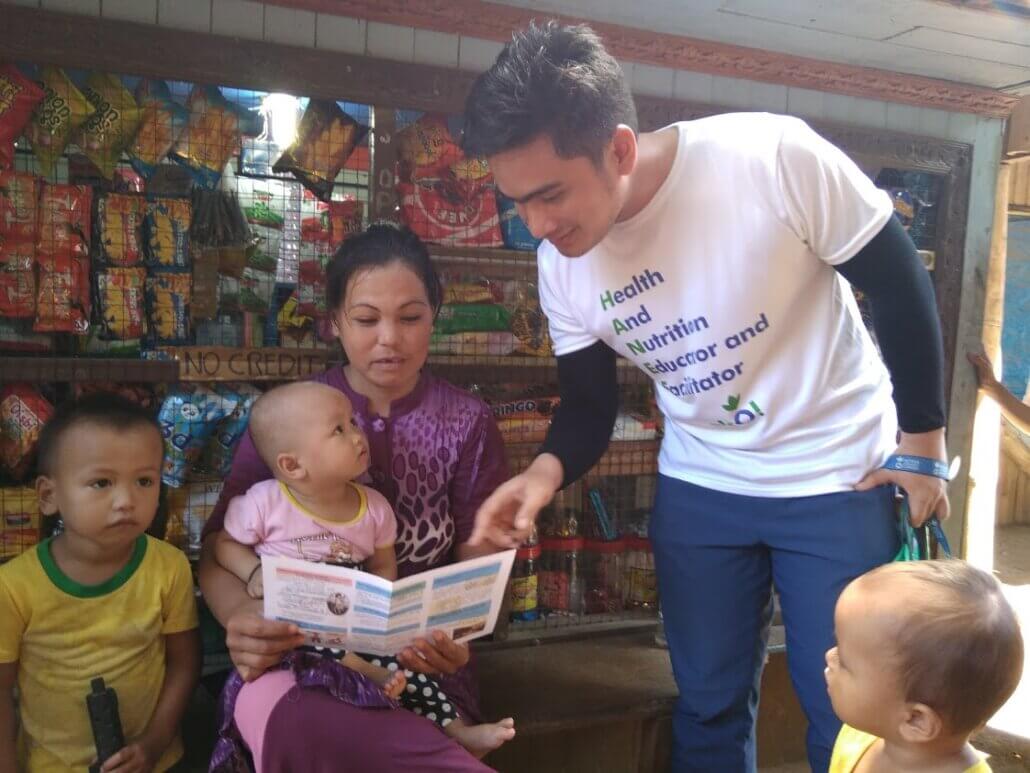
What motivates you to keep doing your work despite these challenges?
While I was recovering for my mental health, there were people who pushed me to my boundaries and helped me realize of why I’m doing humanitarian work in the first place. If it wasn’t for my supervisor – Levy Marcon, who encouraged me to implement the activities while my psychometry was ongoing, I would have applied for sick leave and succumbed to sadness for doing nothing. If it weren’t for the enthusiastic and proactive health workers and local leaders of our partner communities in Lanao del Sur, there would have been more children or mothers suffering from double burden with the ongoing pandemic. It’s okay not to be okay during this pandemic but I chose to be in service of others and give them a sense of hope.
What are you most proud of?
I am most proud of my contribution in helping communities rise from adversities. Not everyone can have the opportunity to be able to work directly with vulnerable populations and help them to recovery. Despite the added challenges working through this pandemic, the experience brought me feelings of accomplishment by fulfilling my duties as a humanitarian worker. And for that, I am blessed and grateful that I can continue this calling: to bring positive impact and lasting changes to communities.
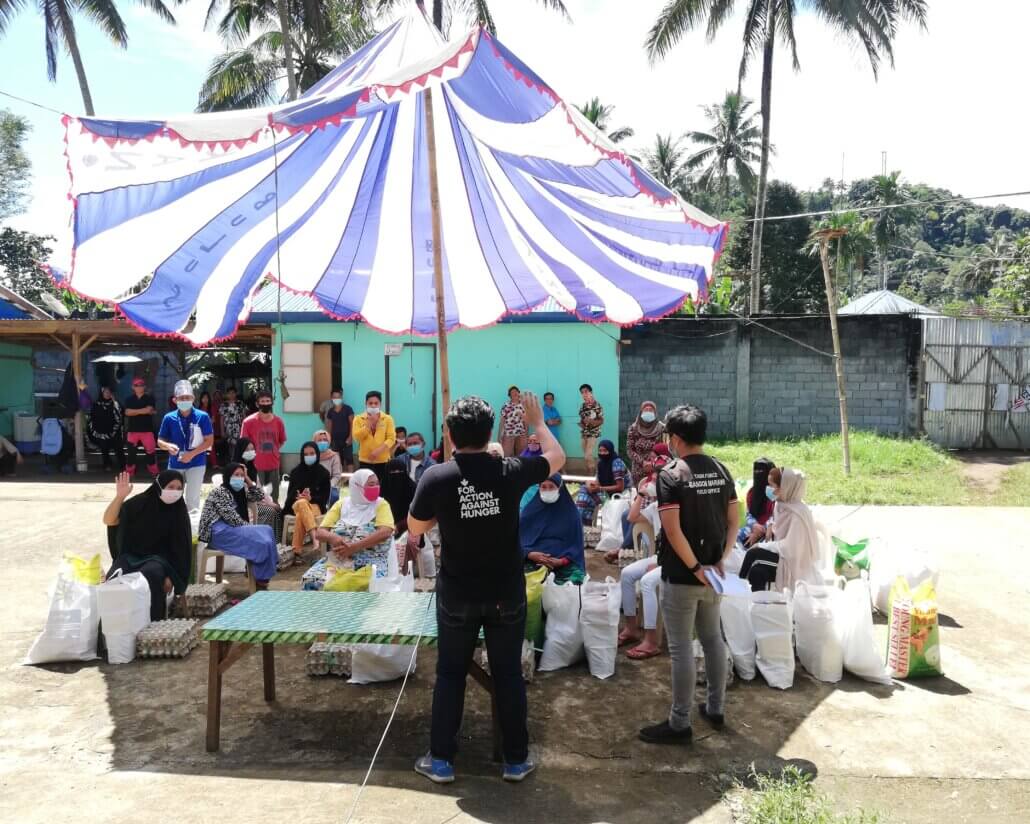
Nino Renz Santos is currently working as one of the Nutrition Assistants of our ‘Response to the Unmet Humanitarian Needs of the Most Vulnerable Conflict-Affected Populations in Mindanao’ (REACH) Project which is funded by the European Civil Protection and Humanitarian Aid Operations (ECHO) and is implemented together with CARE Philippines, Oxfam Philippines, and their local partners.


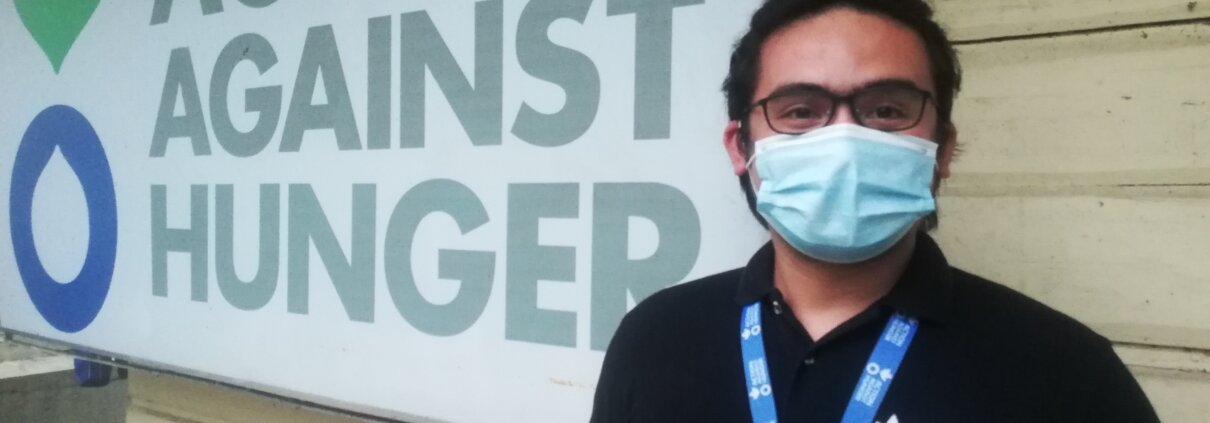
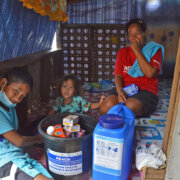

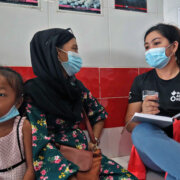
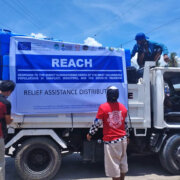
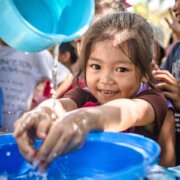
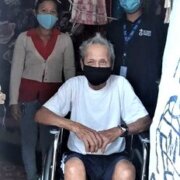
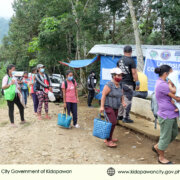
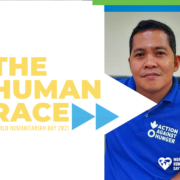



Leave a Reply
Want to join the discussion?Feel free to contribute!